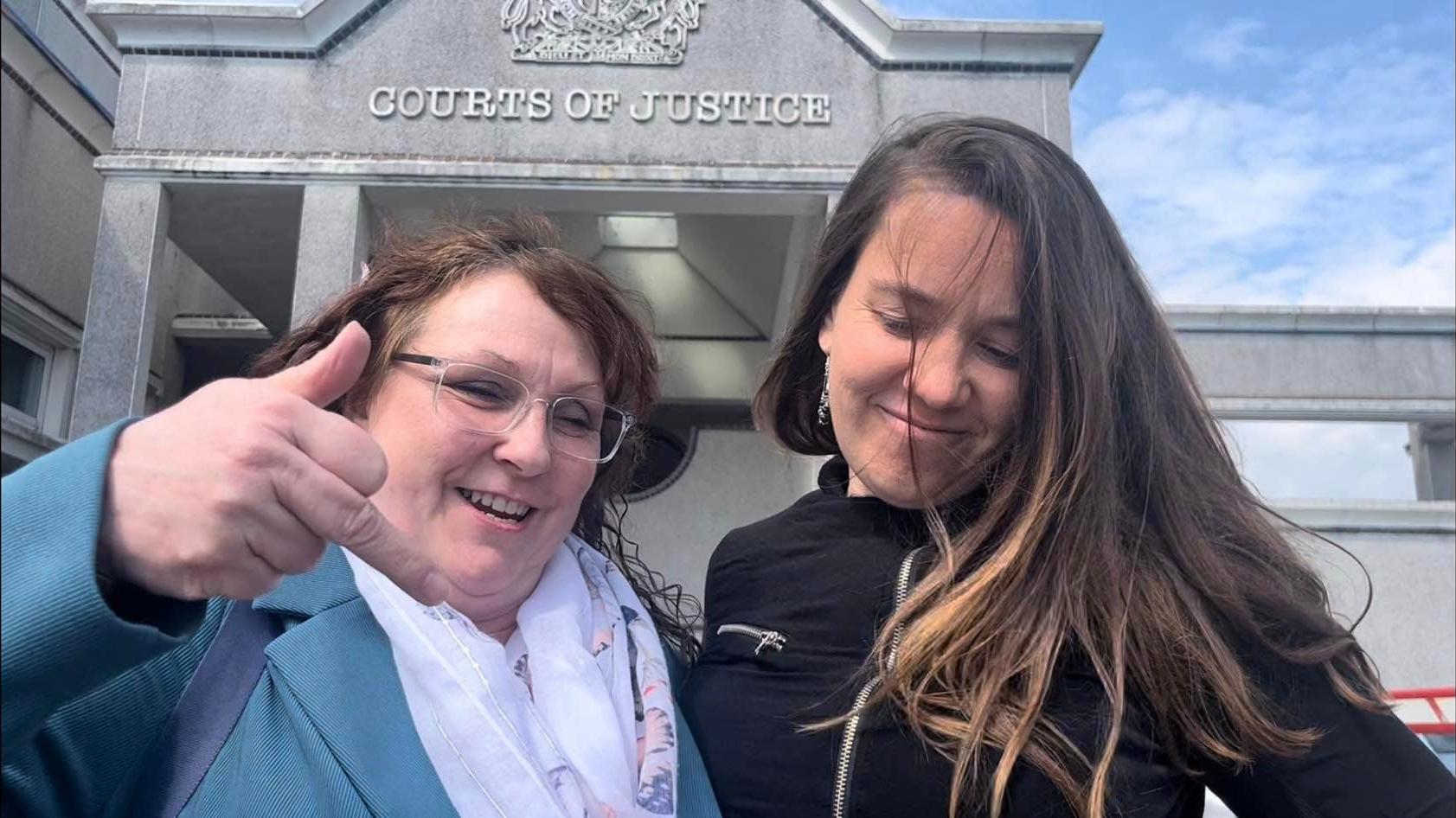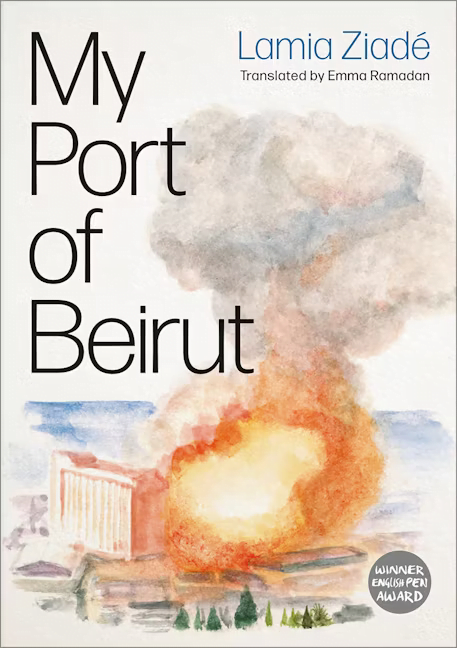Gyorgy Furiosa visits Hampstead’s infamous Bishops Avenue…
 Nestled between two golf courses in the Hampstead area of North London lies a row of colonnaded mansion houses, each looming from behind stern borders of black iron fencing. Lush vegetation, old trees and rhododendron bushes, subtly screen the opulence from full view of the street. Estate agents advertise them for sale with features such as a car lift, indoor pool and library. Many remain dark, lifeless, awaiting the return of owners who seem to have forgotten how to get to them.
Nestled between two golf courses in the Hampstead area of North London lies a row of colonnaded mansion houses, each looming from behind stern borders of black iron fencing. Lush vegetation, old trees and rhododendron bushes, subtly screen the opulence from full view of the street. Estate agents advertise them for sale with features such as a car lift, indoor pool and library. Many remain dark, lifeless, awaiting the return of owners who seem to have forgotten how to get to them.
Stepping through the titanic porticos into capacious reception areas, one could imagine the ghostly vapours of a party serving pyramids of Ferrero Rocher echoing through the labyrinthine hallways. The poltergeists of debutantes could be seen chuckling lustily at the base of the marble stair-wells sweeping up to an immodest mezzanine. How many servants had suffered in a ignoble silence within these walls? Could we guess which nobles and dignitaries had attended bunga-bunga parties of underage prostitutes within these magnolia Bastilles? What dark pacts and complots had been hatched in these innocuous suburban palaces?
Many people without secure housing and the comforts of a stable home have been to the mansion mausoleum of the Bishops Avenue. In a low-budget tribute to the housing porn available on mainstream media and the high-street frontage of estate agent’s shops (in full view of both children and the homeless, I might add), myself and my friends used to flaneur through the absentee-millionaire’s row at curious hours of the morning. With star-spangled eyes we would goggle incredulously through iron bars and wire-mesh fencing at the decaying ruins and rewilding garden-forests.
They looked like the kind of places you would choose to occupy and defend during the zombie apocalypse: places where a community could sow their crops, raise their kin and live a peaceful life, undisturbed by the violent cannibal insanity outside of their walls. How many families could live in such spaces, if they had to out of necessity? Some rooms within could surely take two even traditional sized families, even those infected with the virus. We hypothesised where the vegetable plots could be dug in, the children’s playground erected, the trailer park levelled, and which places for the machine-gun nests to fight off wandering zombie herds. Yet within each cavernous hulk shipwrecked in the doldrums of the heath no lights glowed, only the slow-motion creak of things falling into disrepair.
The waste of it all brought moments of mania, and in a frenzy we would attempt to climb in, to begin to bring the space back to life, but our saner friends held us back and cried not to even try, not to even dare, as we had heard the tales of what happened to those who snapped before. Police helicopters had been the first warning sign when associates of ours had attempted to occupy one building in the area and re-actualise it. Searchlights had hit the windows of the vast mansion they had found access to, joined shortly by the sound of guard dogs in the garden, and sirens in the distance. Insecure, they fled in terror of the ferocity of the action taken against them. Abandoning the mansion, they dodged the pursuing armies and escaped into the streets, but to no avail. Eventually they were found hiding under a car parked in a nearby street and arrested on burglary charges.
In fear for our liberty, we are pressganged into leaving the great resources of Bishops Avenue to urban foxes and security guards. As with the focus remaining clearly on near mythical benefits fraud rather than endemic tax evasion, the rich will be allowed leave mansions empty whilst the government crows about under-occupancy in two-bedroom council housing. The argument that clangs lumpenly into view when the question of unoccupied buildings is mooted is that if the owner of said property wishes to leave it empty, it is their prerogative. The sacred right of property is hegemonic – do what thou wilt with what thou own. But the law of necessity answers back that needs must when the devil rides. In times of inequality and imbalance, ownership of property is a privilege, not a right, and in the hierarchy of needs, shelter is surely more essential than security of property.
Regardless of the legality, morality or practicality, the necessity of use means that empty buildings will always be targets when there is inadequate housing for people. The palaces of Bishops Avenue serve as totemic identifiers of the gross disparity of our present situation, where monolithic mansion-houses are left to rot, their corruption defended by armies of security, whilst people sleep on mattresses in shop doorways in other boroughs of London Town.
Let me conclude with an image from the Bash The Rich protests of yesteryear, when mobs of crusty scum-punks marauded through sleepy neighbourhoods howling at the opulence and indulgence. As we collectively slip deeper into Austerity Europe, I can envisage pitched battles between these hungry platoons and the security guards, who will hopefully lose faith in their role and defect to help people house themselves. Once the employing class can no longer find willing lackeys to defend their properties, it is hard to imagine that they would step up to defend it themselves, which is all the more reason to condemn the collusion of the oppressed class with their presumptuous masters.
Gyorgy Furiosa
Photo © Martin Addison via Wikimedia Commons







